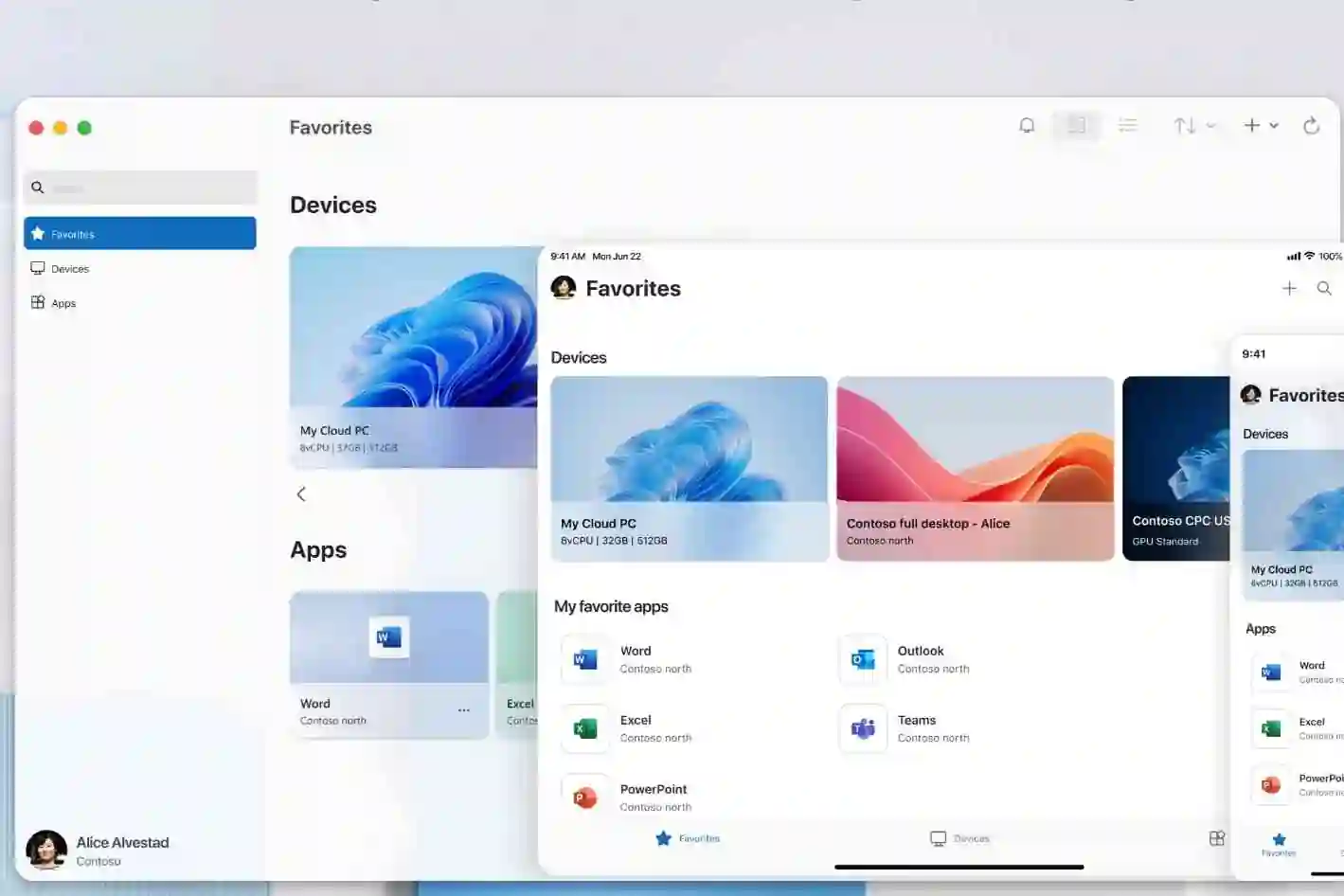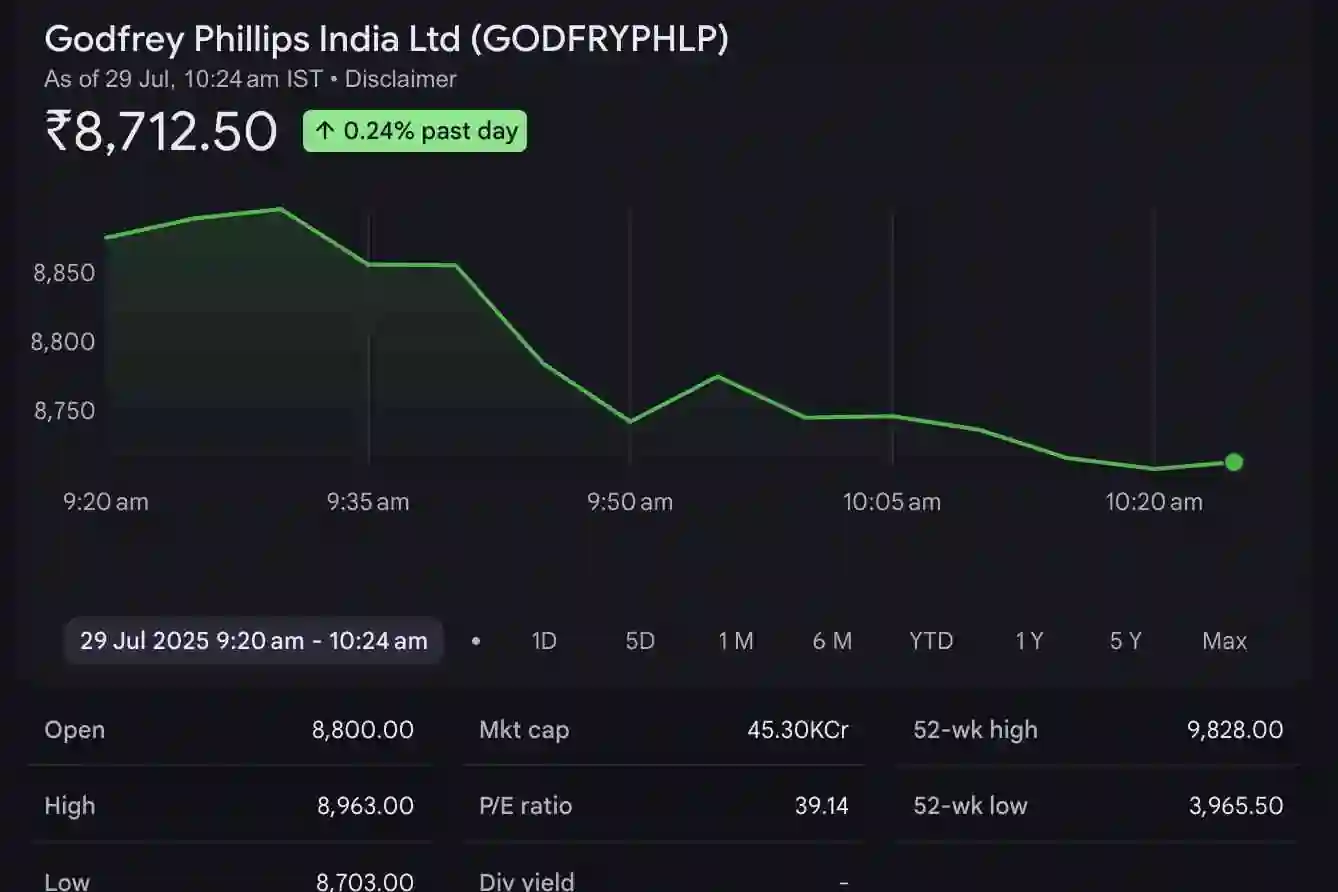This article explains how to open HTTP port 80 and HTTPS port 443 on Ubuntu Server with the ufw firewall. HTTP and HTTPS protocols are primarily used by web services such as, but not limited to, Apache or Nginx web servers.
In this tutorial you will learn:
- How to open HTTP port 80 and HTTPS port 443
- How to open HTTP port 80 and HTTPS port 443 for Apache and Nginx
- How to list currently open ports/services
- How to close/remove HTTP port 80 and HTTPS port 443
How to open HTTP port 80 and HTTPS port 443 step by step instructions
STEP 1: Check the status of the firewall
# ufw status verbose Status: active Logging: on (low) Default: deny (incoming), allow (outgoing), disabled (routed) New profiles: skip
Based on the above output all incomming ports are blocked by default.
STEP 2 : We have multiple options on how to open ports 80 and 443. First we can directly specify the port number or the service we wish to open the port for. Example:
$ sudo ufw allow 80 $ sudo ufw allow 443 OR $ sudo ufw allow http $ sudo ufw allow https
Alternatively, if we wish to open ports for a specific webserver such as Apache or Nginx we can execute the bellow commands:
$ sudo ufw allow in "Apache Full" $ sudo ufw allow in "Nginx Full"
STEP 3 : Check you current firewall configuration settings:
# ufw status verbose Status: active Logging: on (low) Default: deny (incoming), allow (outgoing), disabled (routed) New profiles: skip To Action From -- ------ ---- 80 ALLOW IN Anywhere 443 ALLOW IN Anywhere 80 (v6) ALLOW IN Anywhere (v6) 443 (v6) ALLOW IN Anywhere (v6)
STEP 4 :In case you will later on decide to remove the port 80,443 rules you can do so by executing the bellow commands:
$ sudo ufw delete allow 80 $ sudo ufw delete allow 443 OR $ sudo ufw delete allow http $ sudo ufw delete allow https
Alternatively, if we wish to open ports for a specific webserver such as Apache or Nginx we can execute the bellow commands:
$ sudo ufw delete allow in "Apache Full" $ sudo ufw delete allow in "Nginx Full"















